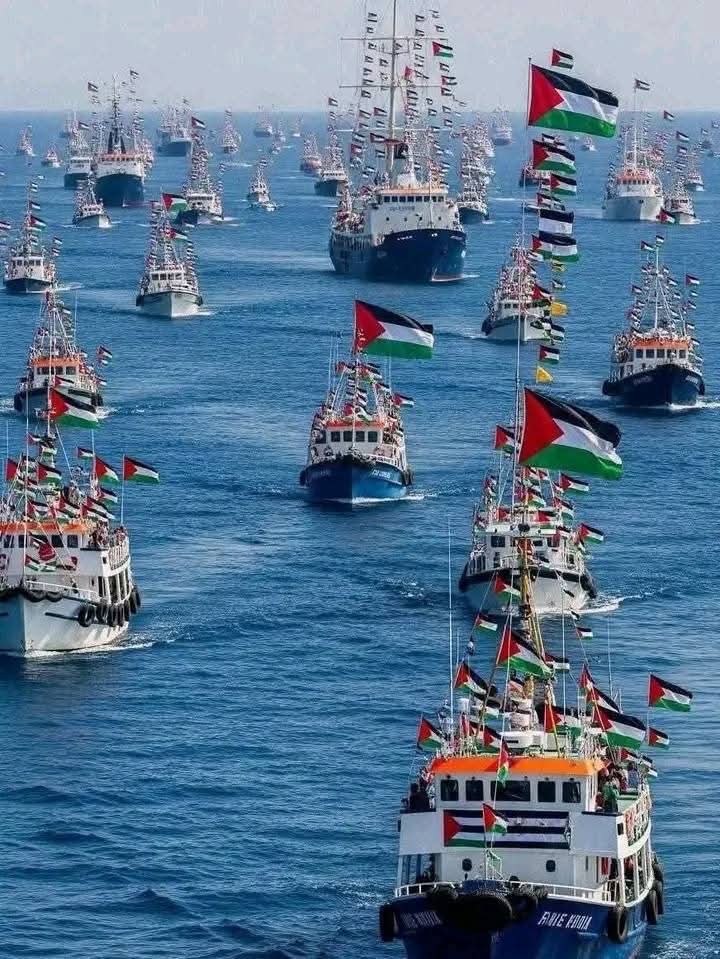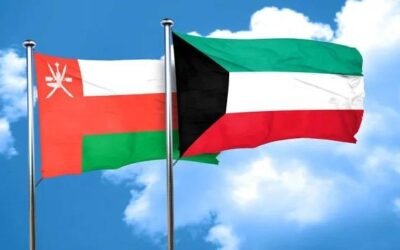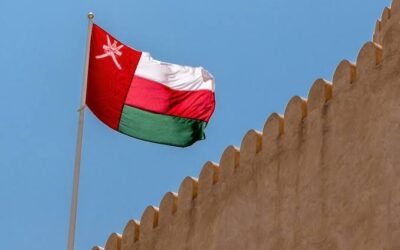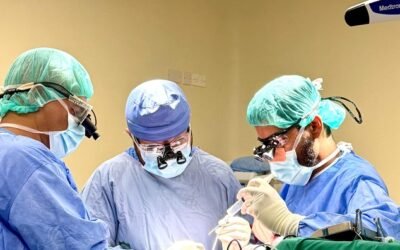GCC Among the Global Resilience Fleet: A Historic Moment for Gulf Unity
Introduction
In a powerful display of regional solidarity, the Gulf Cooperation Council (GCC) has etched its name in the annals of humanitarian history. Volunteers from Bahrain, Kuwait, Oman, and Qatar joined forces with 54 nations aboard the Global Resilience Fleet in a courageous mission to break the siege of Gaza. Sailing on the aptly named Gulf Resilience ship, this bold initiative transcended politics, underscoring a profound commitment to humanitarian principles, regional dignity, and collective resilience. This article delves into the significance of this mission for Gulf unity and its impact on international relief efforts.
GCC Representatives on the Gulf Resilience Ship
The mission was powered by the bravery of individuals representing the heart of the Gulf. The widely recognized volunteers included:
- Salwa Mohammad Jaber (Bahrain)
- Nouf Sibt (Kuwait)
- Mohammad Abdulrahman (Kuwait)
- Tumi Abdulaziz (Kuwait)
- Badr (Kuwait)
- Jamal Al-Raisi (Oman)
- Saeed Al-Masakri (Oman)
- Umama Al-Lawati (Oman)
- Ahmed Said Abdul Karim (Qatar)
- Doaa Al-Idrees (Qatar)
- Hanan Abdulrahman (Qatar)
Why This Mission Matters: Humanitarian Impact and Gulf Unity
- Humanitarian Relief Amid Gaza’s Crisis: The primary goal was to deliver critical civilian aid, including medical supplies and essential resources, to alleviate the immense suffering in Gaza. This act signaled not just regional but international solidarity with affected civilians.
- Demonstration of Gulf Unity and Regional Cooperation: The participation of volunteers from four GCC states showcased an unprecedented, unified regional stance. It demonstrated the GCC’s ability to effectively collaborate on complex humanitarian operations, mobilizing cross-border resources, logistics, and human capital.
- A Public Message of Dignity and Resilience: Beyond material aid, the mission carried immense symbolic weight. It championed the values of human dignity, freedom, and the unwavering resilience of both the people of Gaza and the Gulf nations standing in support.
Key Logistical and Operational Context
Executing such a mission required intricate planning and international cooperation.
- Fleet Composition: The Gulf Resilience ship was a key component of the broader Global Resilience Fleet, a coalition of vessels from 54 nations coordinated through international humanitarian networks.
- Coordination: Success depended on collaboration between GCC authorities, international NGOs, and global relief agencies to ensure supplies were delivered effectively and in line with on-the-ground assessments.
- Security and Safety: Organizers prioritized stringent safety protocols for all volunteers and adhered to principles of international humanitarian law to ensure the mission respected civilian protections.
Significance for the GCC and the Arab World
- Historic Leadership in Humanitarian Response: The GCC’s proactive role cements its position as a leading catalyst for humanitarian action and crisis response in the Middle East.
- Enhanced Visibility of Regional Collaboration: The effort demonstrated how Gulf countries can synergize their diplomatic influence and logistical prowess to support meaningful international relief efforts.
- Amplifying Global Awareness: By integrating a Gulf-led initiative into a global campaign, the mission dramatically increased international awareness of the humanitarian plight in Gaza, fostering stronger global partnerships.
A Message of Hope and Continued Commitment
As the world watched, the mission became a beacon of hope. The focus now is on the safe return of all courageous volunteers and honoring their dedication. This voyage is not a finale but a promise — a testament to the continued GCC unity in the relentless pursuit of humanitarian goals, resilience, and human dignity above all else.
Engage and Learn More
To stay informed on this evolving story:
- Monitor official GCC channels and credible humanitarian organizations for updates.
- Share stories of resilience to raise awareness about civilian protection and relief needs.
- Follow credible news outlets and reports from international bodies to track the mission’s outcomes and long-term impact.




